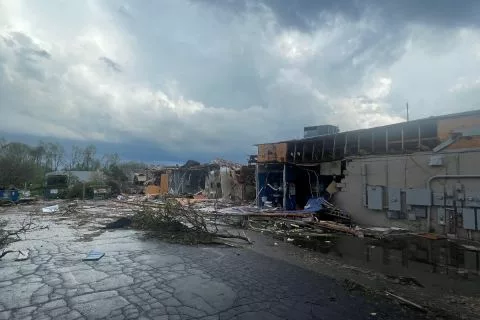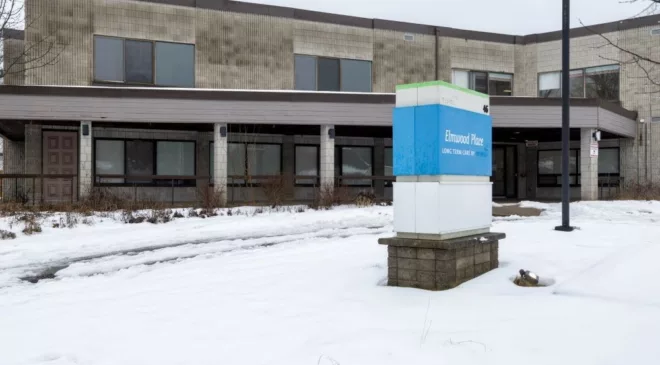It has approved $5.6 million in other disaster relief funding and owes an estimated $3.7 million to the Federal Emergency Management Agency for cleanup in several central and southeast Michigan counties for severe weather in 2023.
Those payments will leave the fund with a $5.9 million deficit, according to state police data. The damage done in Portage, as well as the neighboring Texas and Pavillion townships, hasn’t even entered the equation.
McGinnis, the city manager, is keeping an optimistic attitude about Portage’s reimbursement wait. He expects “quite a thick roll of red tape that we’re going to need to tolerate,” but he said that means the process is thorough.
“We need to be very judicious in how we reimburse and support communities that have been affected by disasters,” he said. “It takes a little time to make sure that we’re being considerate and responsible with those tax dollars.”
‘Increasing costs of natural disasters’
Whitmer and legislative leaders appear to agree on the need for more disaster cleanup funding.
But how to do that, and how much money to allocate, remains a point of contention as lawmakers work to finalize the state budget in coming weeks or months.
House Democrats are proposing an alternative to the state’s traditional cleanup fund: $50 for a new “Climate Change Emergency Disaster Relief” fund.
That money would go toward covering “natural events caused by climate change resulting in negative economic impacts, widespread or severe damage, injury, or loss of life” otherwise not eligible for federal relief.
It’s not immediately clear, however, if that plan would conflict with state law, which requires lawmakers to maintain the traditional disaster emergency fund.
“I think we all have a shared goal of making sure we have more money for natural disasters,” said Jason Morgan, an Ann Arbor Democrat who oversees the House state police budget subcommittee.


